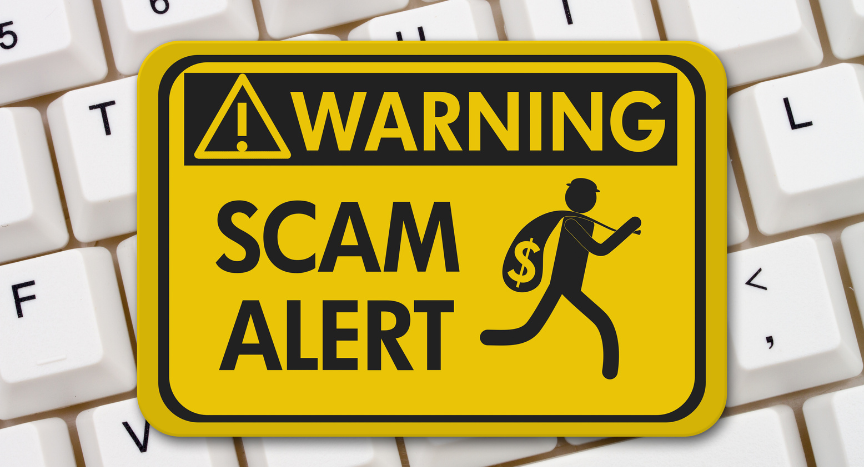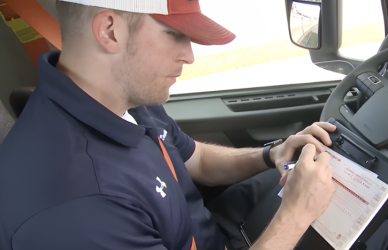The Federal Motor Carrier Safety Administration (FMCSA) has issued a warning to the trucking sector about a fraudulent email scheme specifically targeting carriers.
According to FMCSA, fake documents have been circulating via email that impersonate FMCSA officials. The agency highlighted these emails on its “Fraud Alerts” webpage, stating that although these communications appear to be from the FMCSA, they are indeed “fictitious in nature.”
“This is a new, aggressive scheme where the visual design, English spelling, and FMCSA government officials’ positions are not accurate,” FMCSA noted.
To protect against these scams, FMCSA advises email recipients to refrain from responding to or sharing information with the senders. Here are additional tips offered by FMCSA:
- Avoid clicking on suspicious links. Always hover over links to verify the actual email address or URL, and engage only with links you are confident are safe.
- Adhere to the Federal Trade Commission’s guidelines for verifying emails.
- Report any fraudulent emails to the Federal Bureau of Investigations through its IC3 website.
- Notify local or state law enforcement agencies about the scam attempts.
If you believe you’ve been targeted by such an email scam, FMCSA encourages you to reach out online or by calling 1-800-832-5660.
This isn’t the only alert for carriers recently. The U.S. Customs and Border Protection (CBP) also issued a warning about a phone phishing scam affecting individuals across the country.
Victims reported that scammers impersonate CBP agents, claiming a shipment with illegal substances linked to the individual has been intercepted, urging them to confirm personal info for “case resolution.”
“To be clear, CBP will not make telephone calls threatening citizens that law enforcement is on the way or promising money for information,” stated Rod Hudson, CBP Houston’s acting director of field operations. “Anyone receiving a call from U.S. Customs and Border Protection about a shipment of drugs or money should recognize that it is a scam regardless of how authentic the caller may sound.”
Source: Land Line











